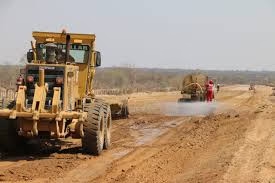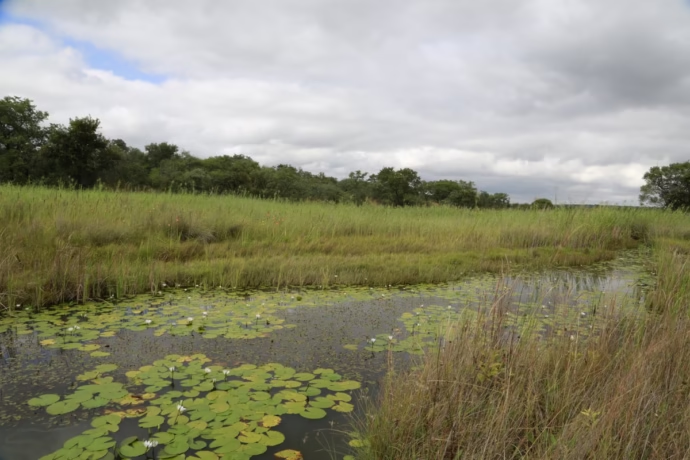
The Pan-African Parliament (PAP) is advancing efforts to establish a Model Law on Climate Change and strengthen the Comprehensive Africa Agriculture Development Programme (CAADP) strategy for 2026-2035, as part of Africa’s broader push for food security and climate justice.
Joint committees on Agriculture, Gender, Justice, and Finance, alongside policy experts, convened to assess how climate and agricultural policies can be integrated into Africa’s development trajectory.
Central to the discussions was Africa’s need for resilient agri-food systems amid shifting global geopolitics, particularly in light of declining external aid, including the withdrawal of US funding. Experts emphasized the importance of industrialization and technological advancement in securing Africa’s economic self-reliance.
Dr. Mithika Mwenda, founder of the Pan-African Climate Justice Alliance, stressed the urgency of adopting a coordinated strategy, particularly in advocating for climate justice reparations.
Meanwhile, Dr. Manyewu Mutamba, head of agriculture at the African Union Development Agency, pointed out that Africa’s failure to industrialize stems from fragmented policy efforts and limited resource mobilization.
The model law on climate change is expected to provide a legal framework for African nations to access carbon credits, ensure fair trade policies, and secure climate adaptation financing. Lawmakers argued for a collective bargaining approach, leveraging Africa’s natural resources in exchange for technological and financial support.
With Africa facing over US$100 trillion in unpaid climate reparations, the African Union’s 2024 theme has placed climate justice and reparations at the center of its agenda, underscoring the continent’s demand for fair global policies.
In parallel, digital transformation and economic policy reforms were highlighted during a session on transport, communication, and technology. Advocate Zanyiwe Asare, Vice President of Yango Africa, called on PAP to establish harmonized regulations for ride-hailing services, ensuring compliance with taxation, driver classification, and safety standards.
She emphasized the importance of cross-border regulatory frameworks under the African Continental Free Trade Area (AfCFTA) to promote digital operations and enhance regional integration.
Ride-hailing platforms, such as Yango, have significantly boosted revenue collection through transparent digital payment systems while also addressing youth unemployment.
Reports indicate that over 65% of drivers and delivery partners are under the age of 35, demonstrating how the gig economy is reshaping Africa’s labor market. The sector has also spurred secondary business growth, such as vehicle leasing and service expansion, fostering broader economic participation.
The dual focus on climate resilience and digital economy reforms reflects PAP’s strategic vision for Africa’s long-term development.
As global economic conditions shift, these initiatives position Africa to strengthen its industrial capacity, protect its natural resources, and maximize economic opportunities through policy-driven approaches.




